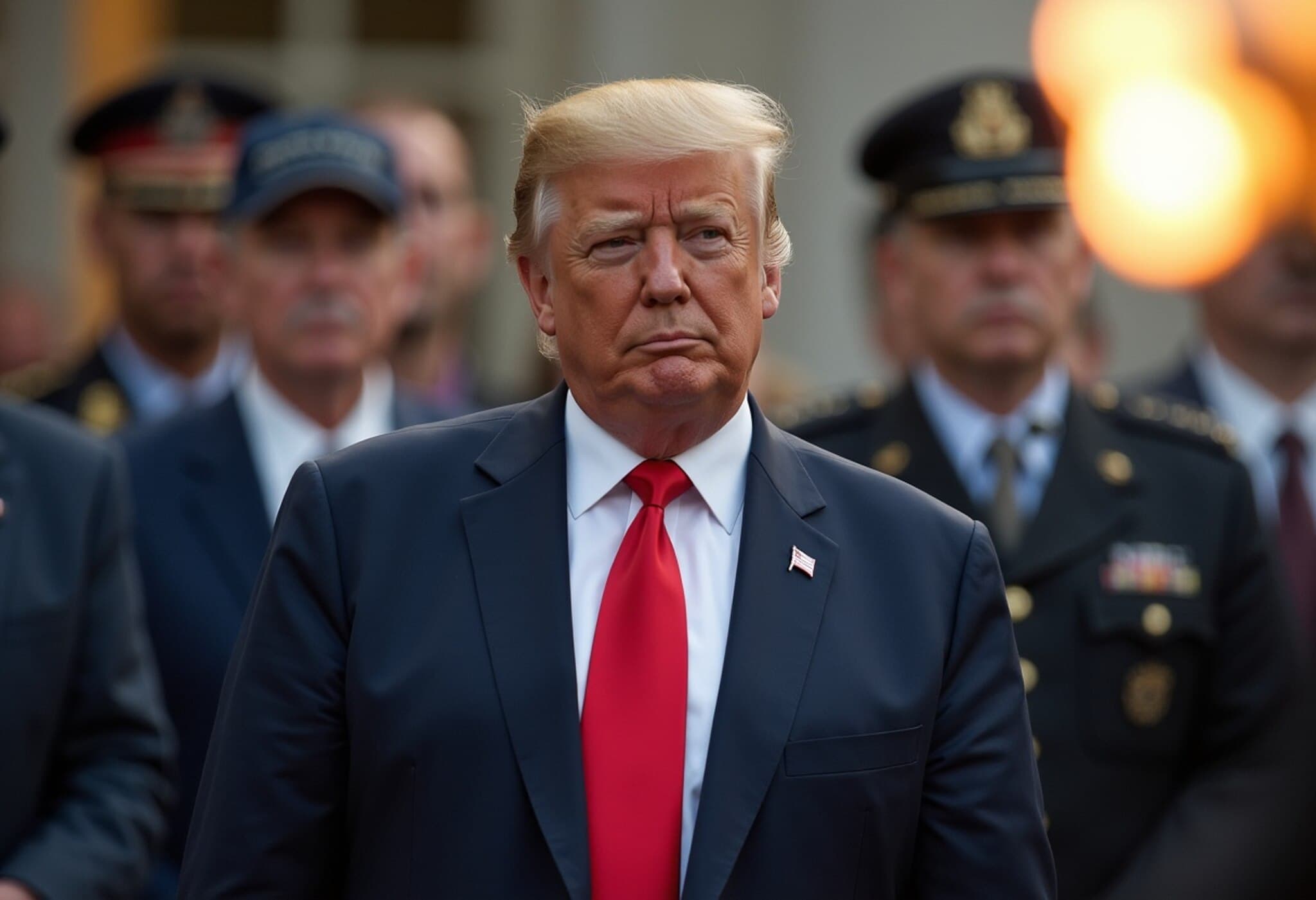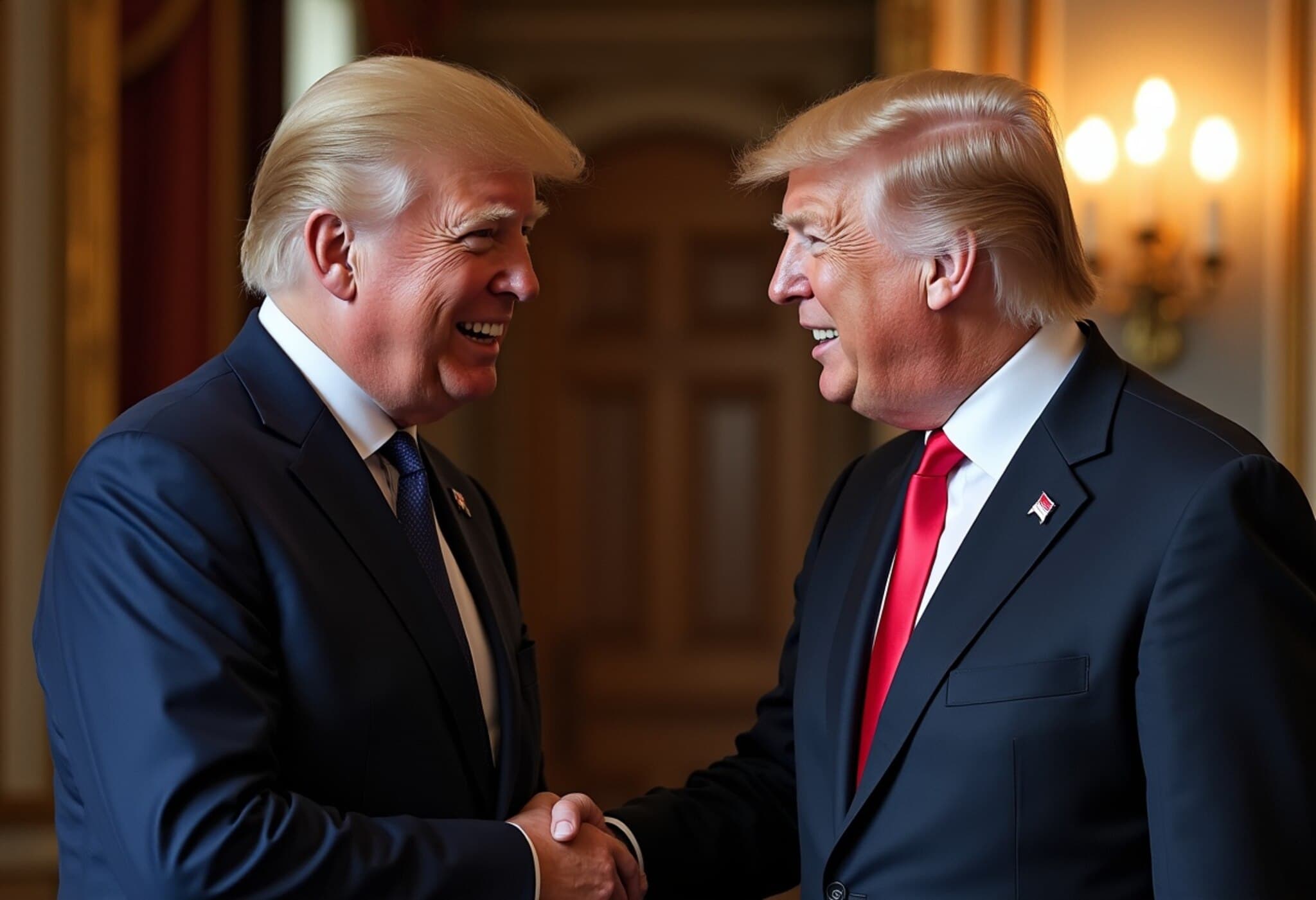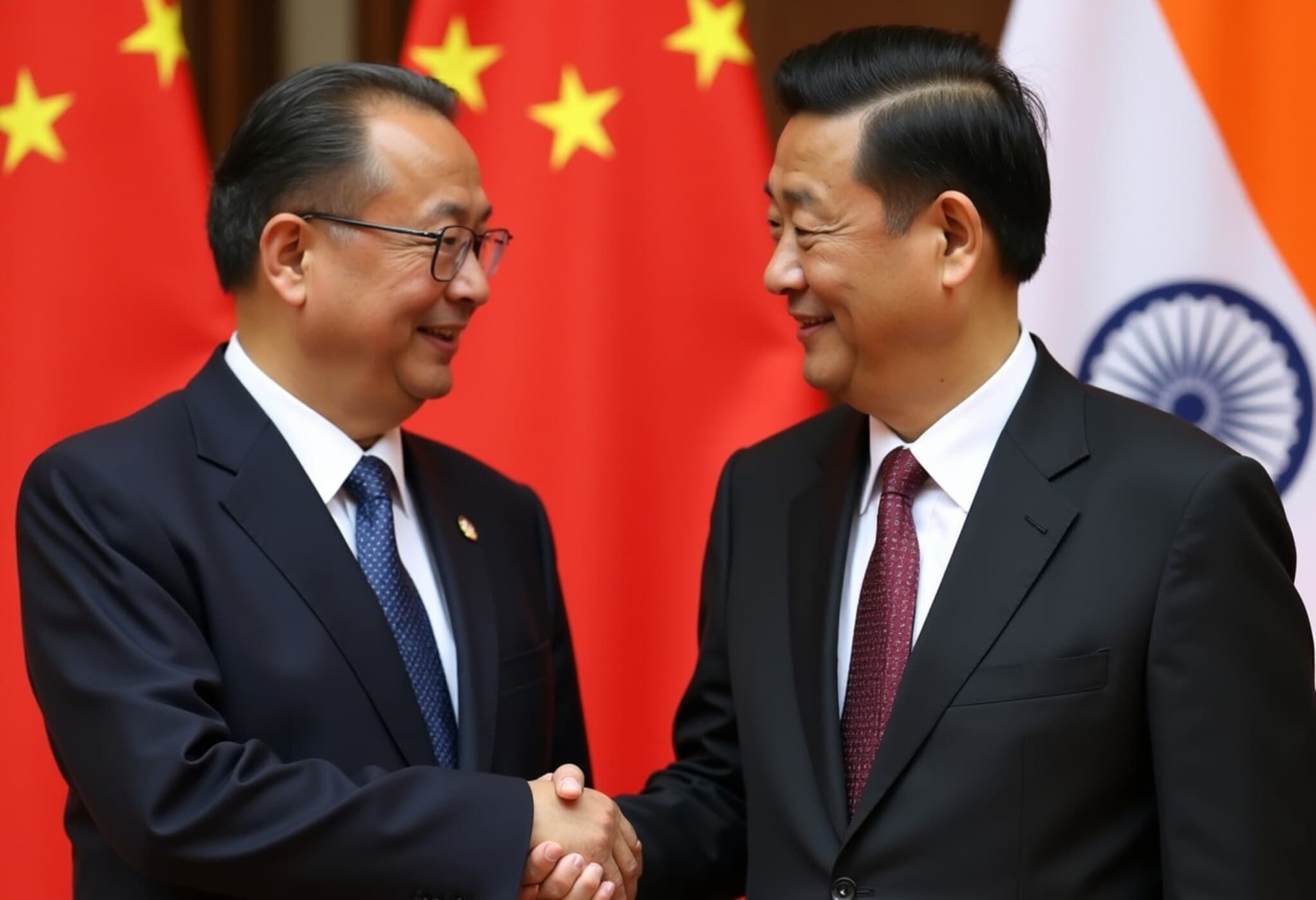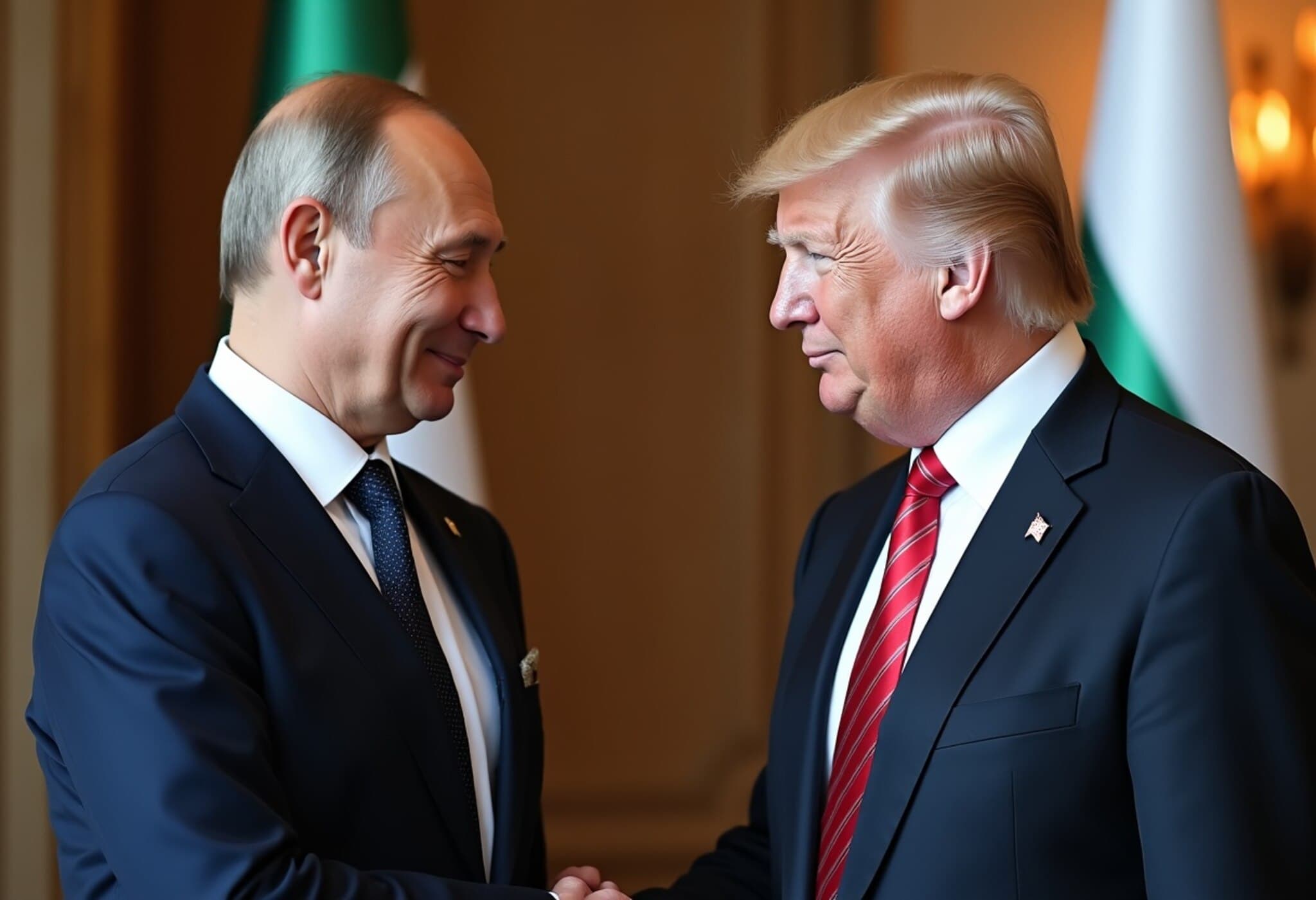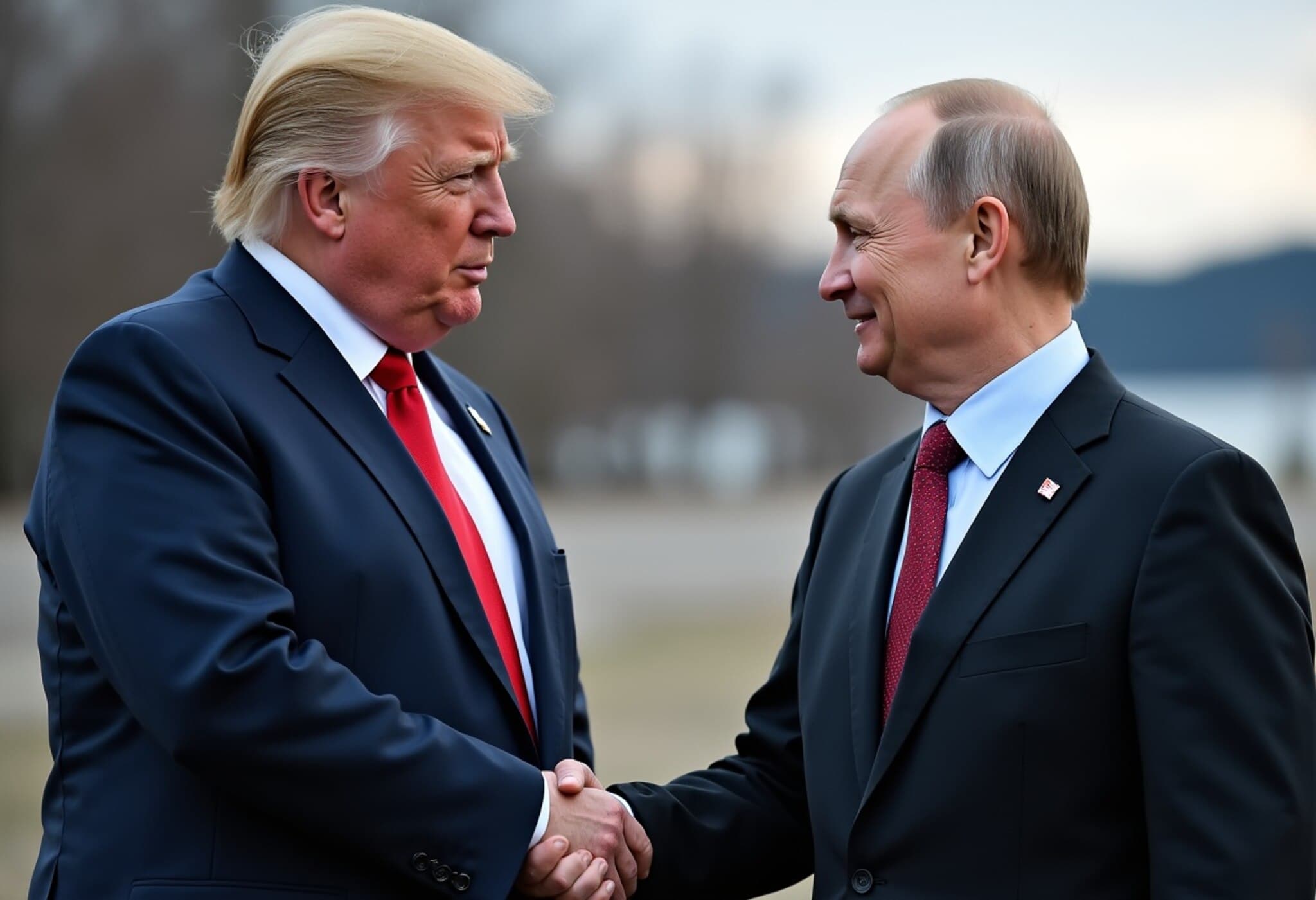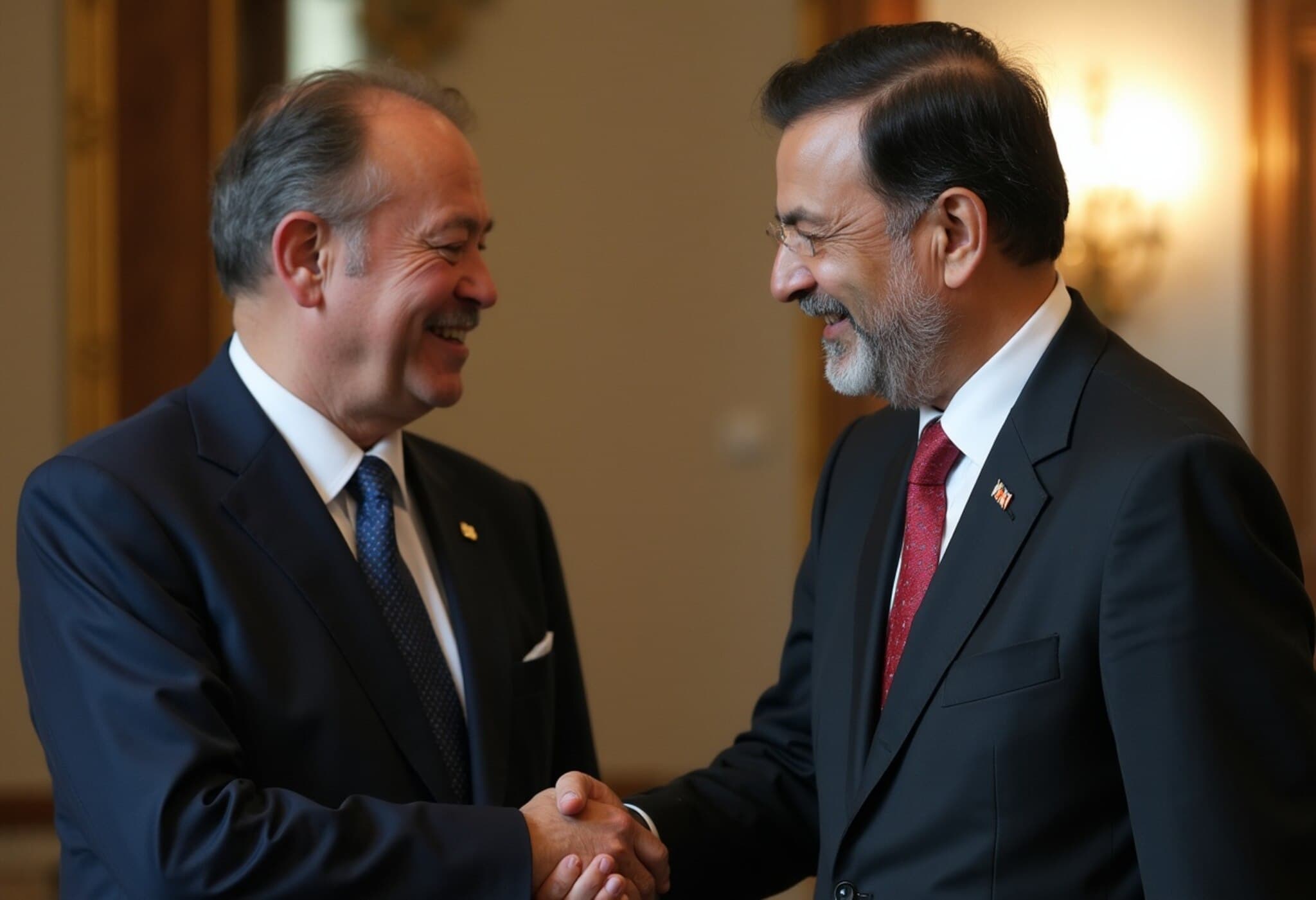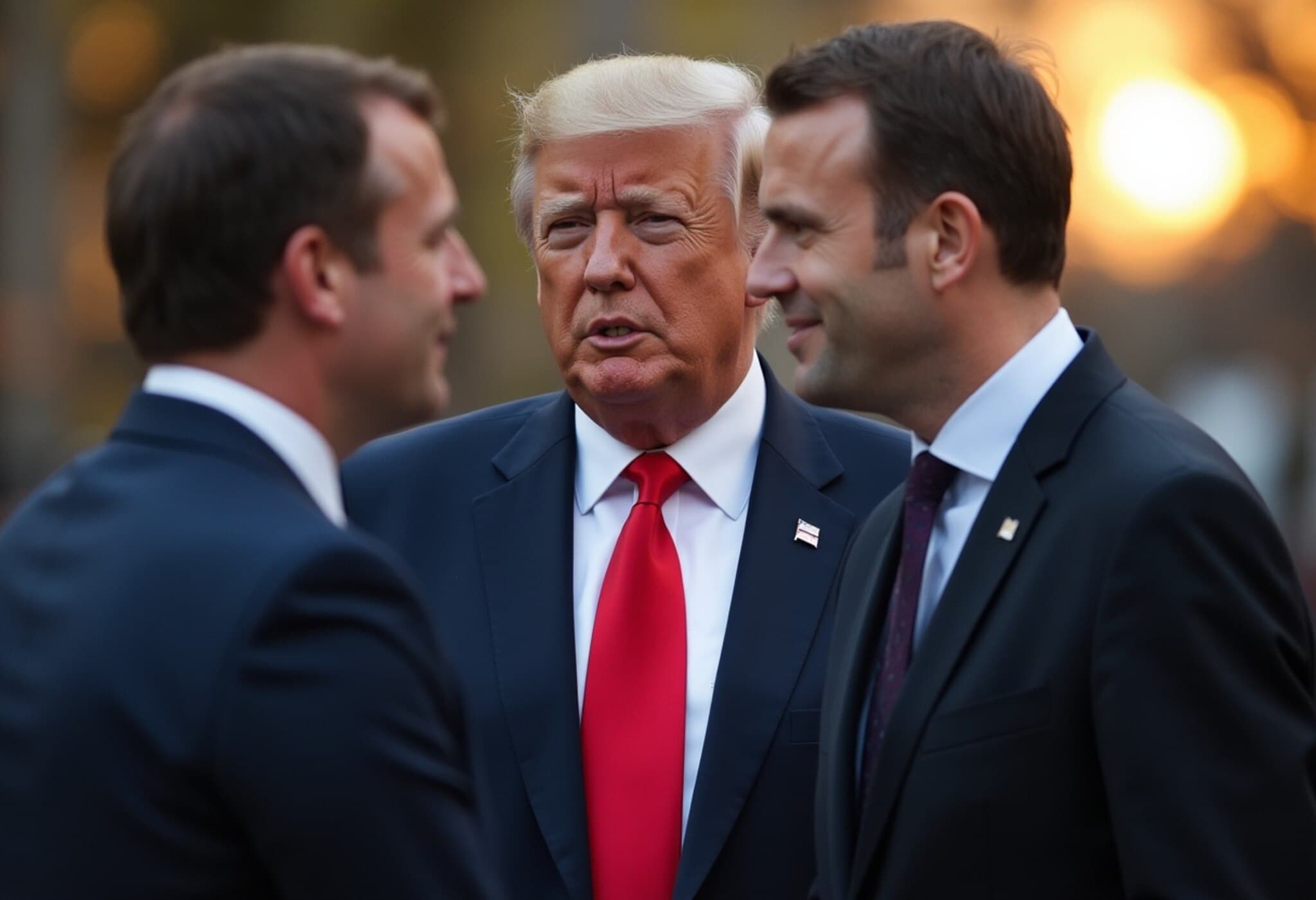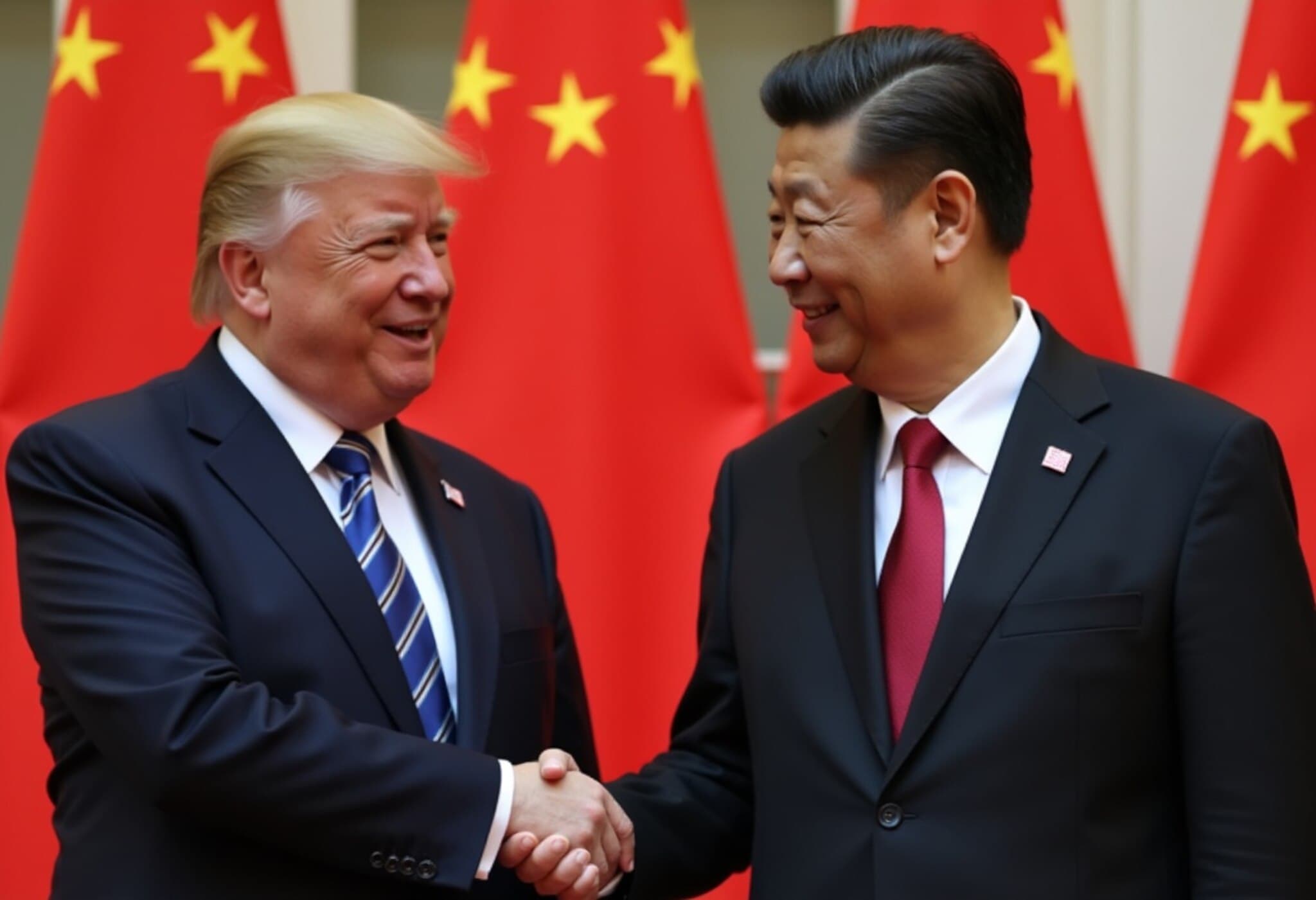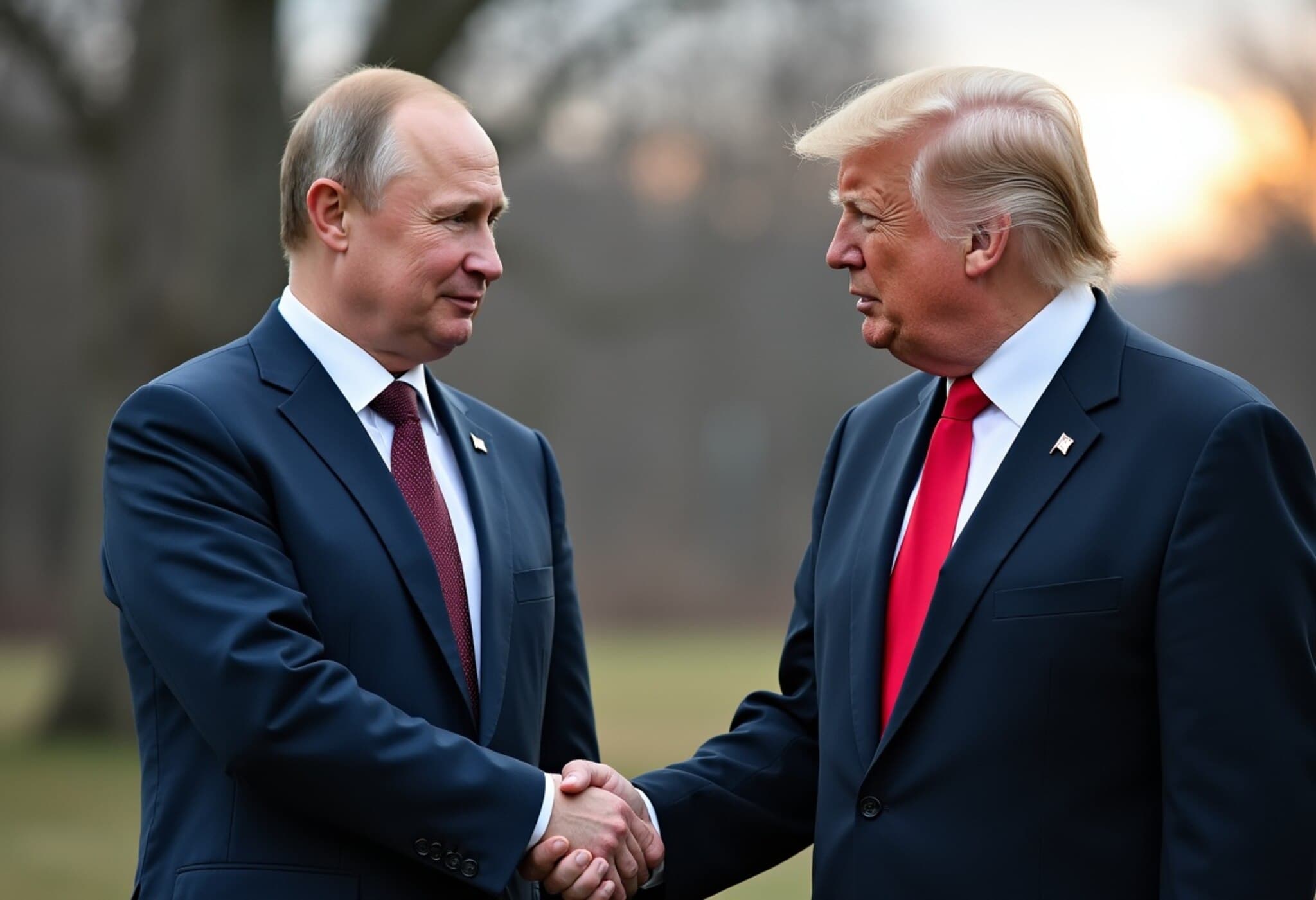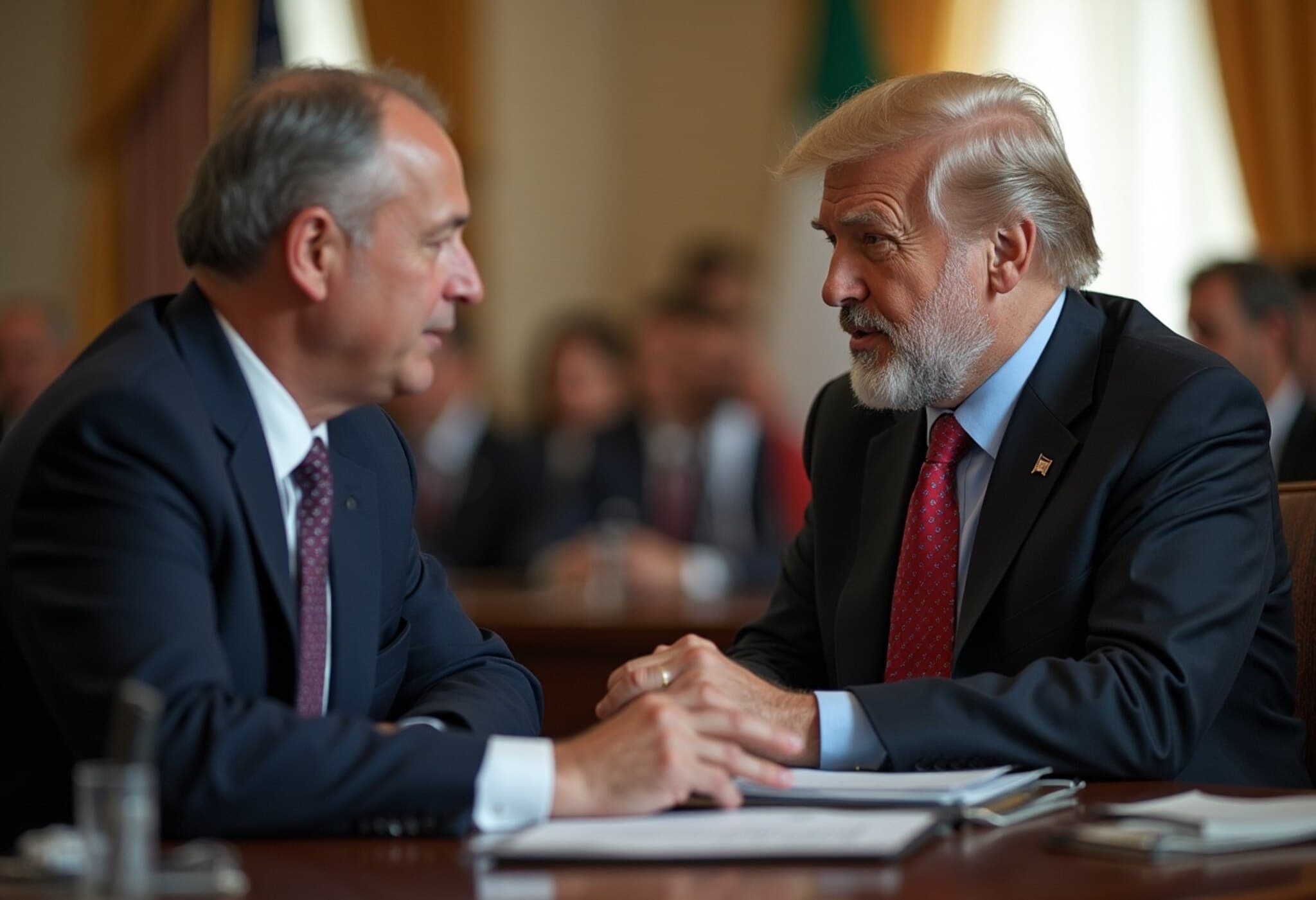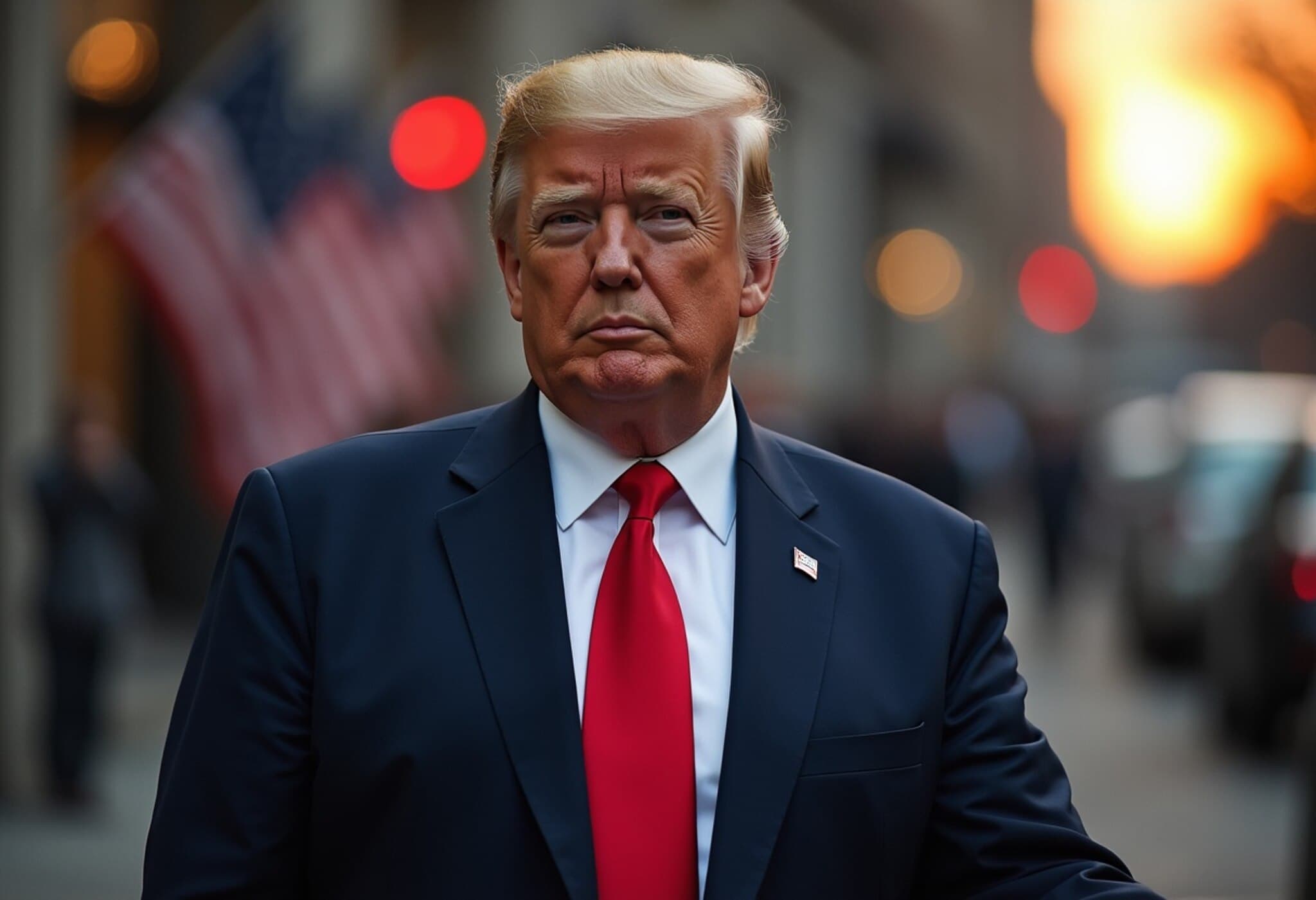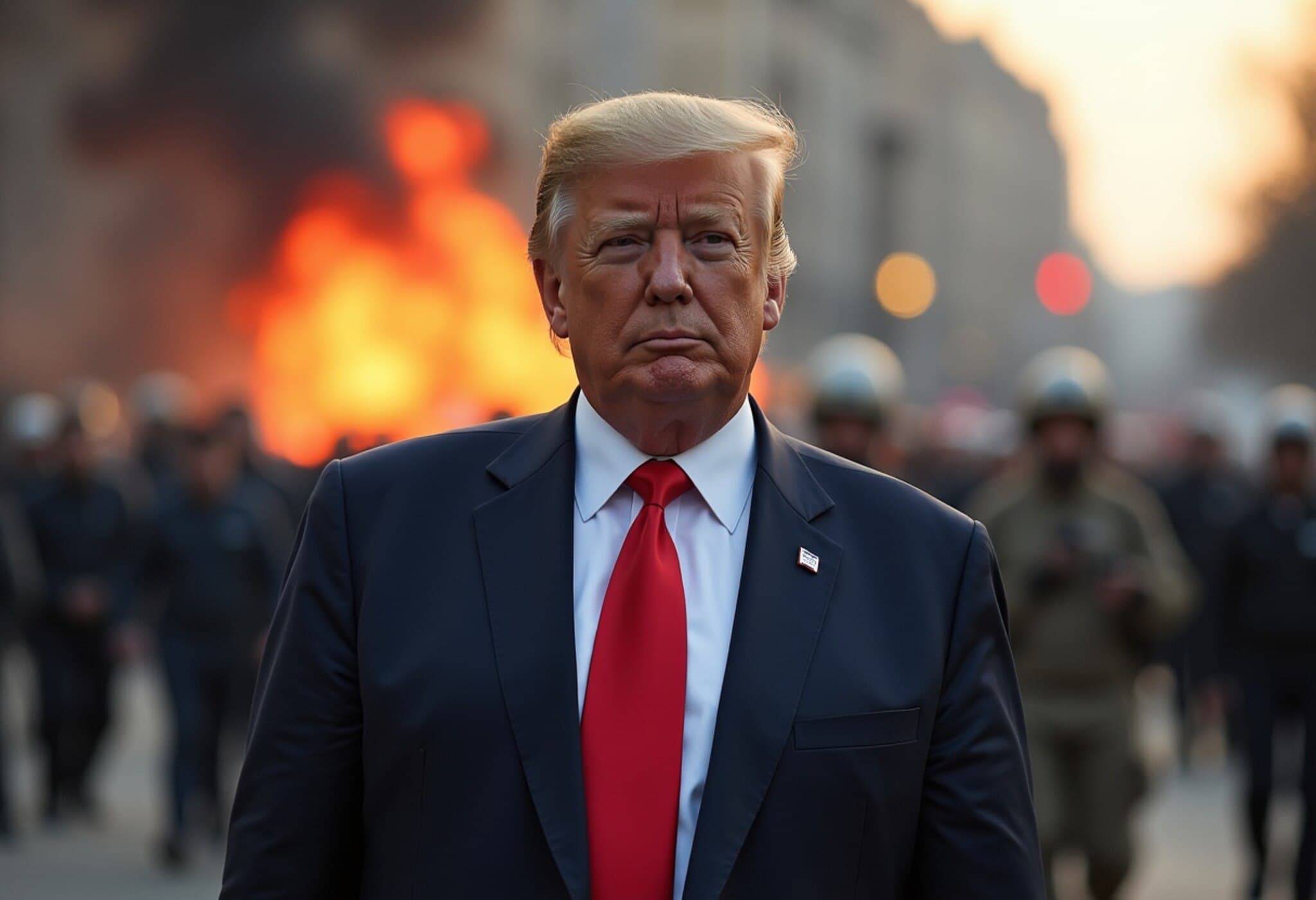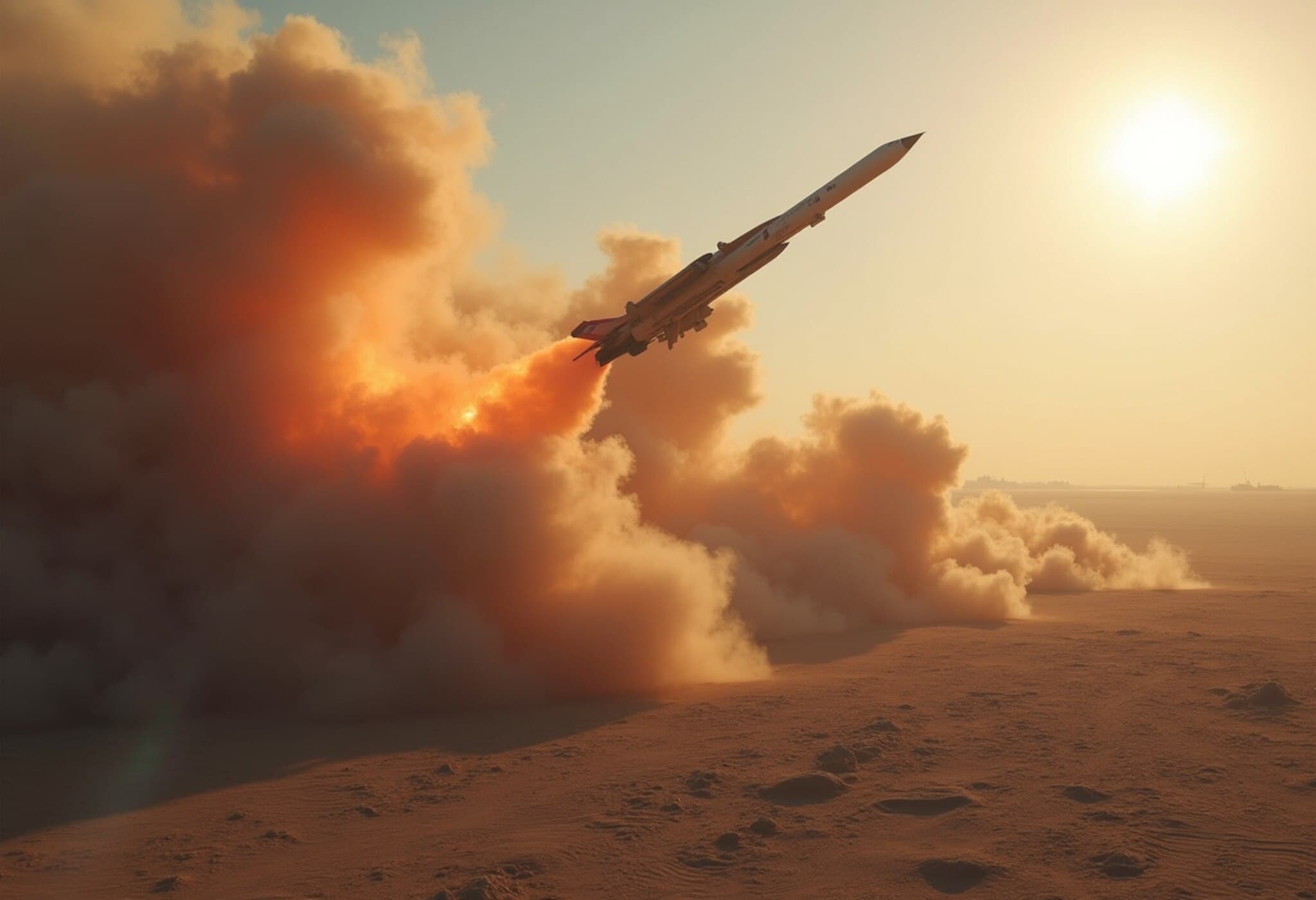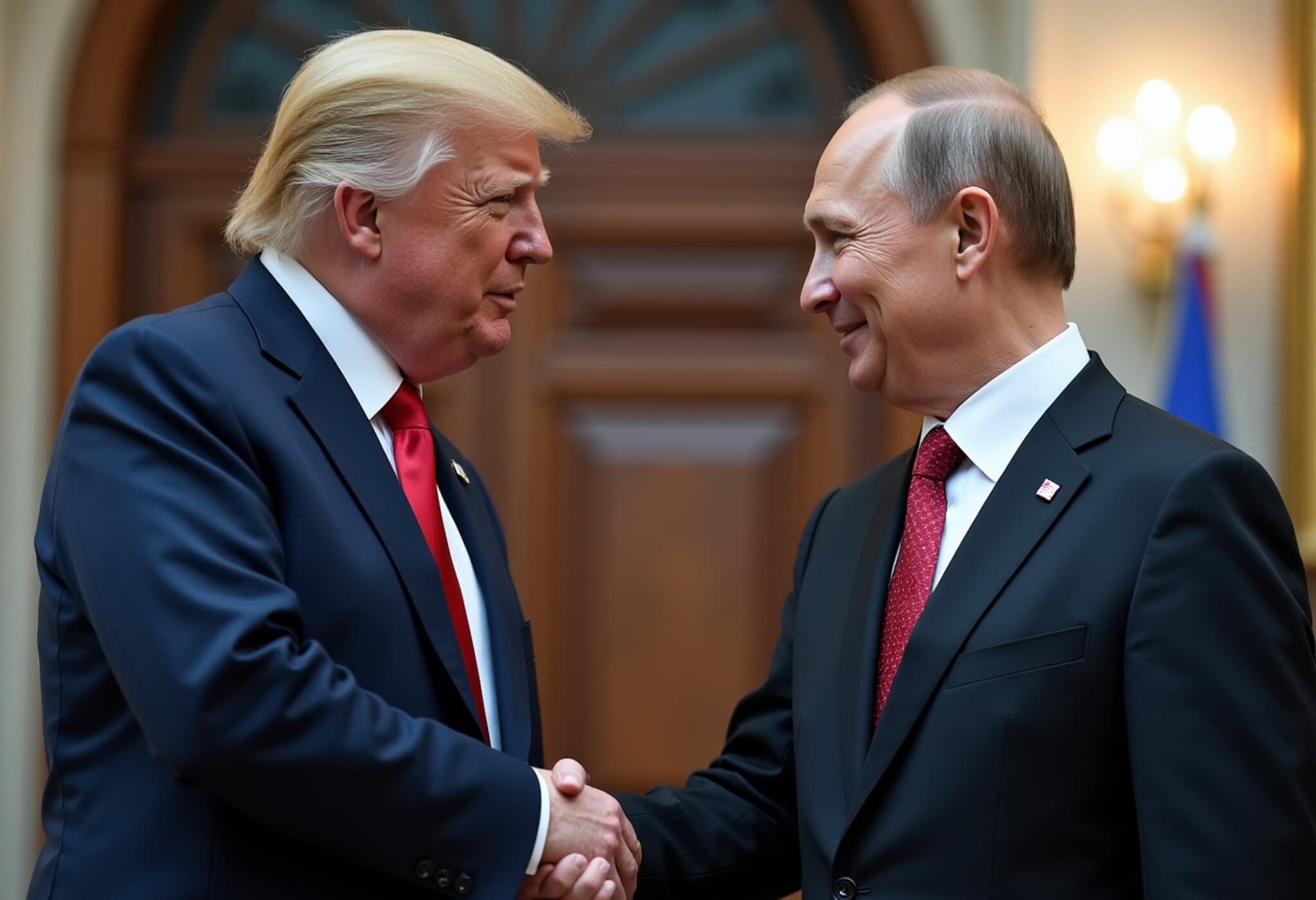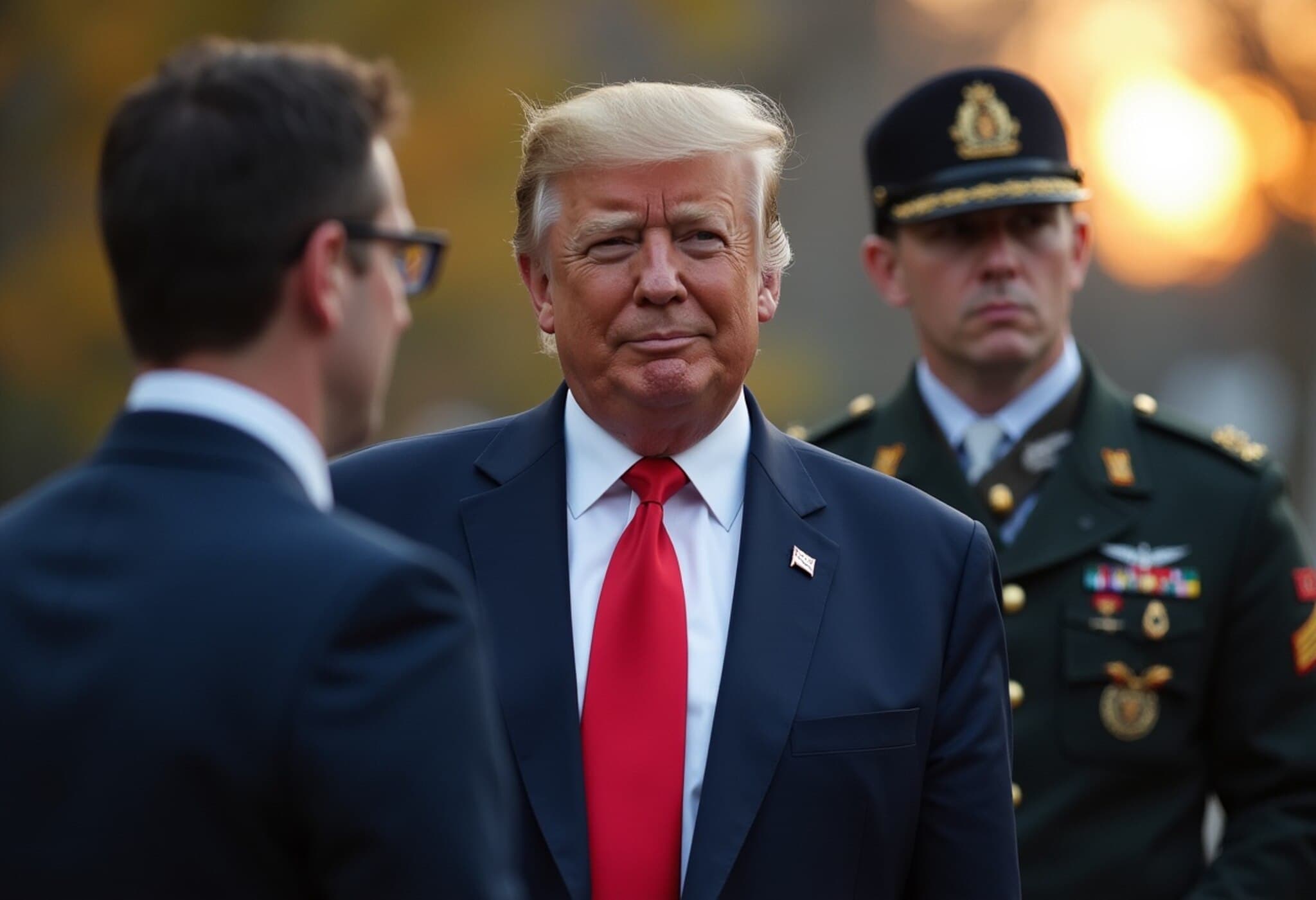US-Iran Talks Set to Resume Next Week
President Donald Trump confirmed on Wednesday that officials from the United States and Iran will engage in talks next week, aiming to revive diplomatic dialogue interrupted by the recent conflict between Israel and Iran. This announcement coincides with a fragile ceasefire currently holding between the two nations.
Addressing reporters during a NATO summit in the Netherlands, Trump said, "We're going to talk with them next week, with Iran. We may sign an agreement — I don't know."
Trump's Stance on Iran's Nuclear Program
Despite indicating reservations about reopening full negotiations, Trump asserted that recent US strikes had severely crippled Iran's nuclear capabilities. "They fought, the war is done," he remarked, emphasizing the impact of military action on Tehran's nuclear ambitions.
US Middle East envoy Steve Witkoff added that both direct and indirect communications between Washington and Tehran had occurred, although Iran has yet to officially confirm upcoming negotiation plans.
Fragile Ceasefire Brings Tentative Hope
The ceasefire, effective since Tuesday after 12 days of hostilities, has sparked cautious optimism for a more lasting peace. However, Iran remains firm in its refusal to abandon its nuclear program.
In response to recent US attacks, Iranian lawmakers fast-tracked legislation suspending cooperation with the International Atomic Energy Agency (IAEA), the UN’s nuclear watchdog. Parliament Speaker Mohammad Bagher Qalibaf criticized the IAEA for not condemning the U.S strikes on Iran’s nuclear facilities, announcing that Iran would proceed with its nuclear program at an accelerated pace.
International Reactions and Inspections
IAEA Director General Rafael Mariano Grossi has reached out to Iran to discuss resuming inspections despite tensions. He emphasized the necessity of return visits to accurately assess Iran's nuclear stockpiles, noting that Iran claims to have moved its highly enriched uranium ahead of the attacks.
French President Emmanuel Macron expressed hope that Tehran would re-engage in dialogue, reminiscing the 2015 nuclear agreement which began to unravel after the US withdrew early in Trump's administration.
Discrepancies Over Iran’s Nuclear Capabilities
While Tehran insists its nuclear program is peaceful, and US intelligence sees no active pursuit of nuclear weapons, Israeli officials warn that Iran could rapidly develop a bomb if allowed. Israel, widely believed to possess nuclear weapons, claims that recent US and Israeli strikes have set back Iran’s nuclear development by several years, though evidence remains undisclosed.
Trump confidently stated the attacks on three Iranian nuclear sites had "completely and fully obliterated" the program, disputing intelligence reports suggesting only minor setbacks and insisting that reconstruction would take years.
Iran’s Response to Attacks
Iranian Foreign Ministry spokesman Esmail Baghaei acknowledged significant damage to nuclear facilities but hinted the suspension of cooperation with the IAEA may not be permanent. He reaffirmed Iran’s right to pursue nuclear energy under any circumstances.
Witkoff mentioned that Israel and the US had accomplished their objective of destroying Iran’s enrichment capacity, which was a precondition for restarting talks. "No one’s shooting at each other. It’s over," he said.
Prospects for Long-Term Peace
While an Israeli official described the ceasefire as "quiet for quiet," with no guarantees relating to Iran's nuclear program, Witkoff expressed optimism about reaching a more comprehensive peace agreement that goes beyond mere cessation of hostilities. Despite promising discussions through direct and indirect channels, Iranian officials remain cautious, emphasizing national security and questioning the sincerity of diplomatic overtures.
China, a key Iranian ally, called for a durable ceasefire to foster regional stability and blamed Israel for initiating the conflict, offering support for peaceful solutions.
Humanitarian Costs and Regional Impact
During the 12-day conflict, at least 28 people died in Israel and over 1,000 were injured. Iranian sources reported a death toll of 606 with over 5,300 wounded, while human rights groups estimate higher casualties from Israeli strikes.
Alongside targeting nuclear sites, Israeli airstrikes reportedly struck Iran’s military leadership and other critical locations tied to its ruling regime.
With the ceasefire in place, citizens in affected regions are cautiously resuming everyday life, evident from increased traffic near Tehran and coastal areas.
Executions Amid Tensions
Reports emerged that Iran has executed several prisoners accused of espionage for Israel, raising concerns over potential waves of capital punishment following the conflict. Three prisoners were hanged recently on charges related to espionage and smuggling assassination equipment, bringing the total to six executions since mid-June.
Moving Forward
The current ceasefire and unfolding diplomatic efforts represent a fragile but necessary step toward easing regional tensions. Nuclear inspections and dialogue may offer potential openings for a longer-term resolution, provided all parties commit genuinely to peace and cooperation.

